I’ve always loved the colours of the Bo Kaap beckoning from the slopes of Signal Hill, but never managed to get close to that most colourful part of Cape Town. Then a friend told me about a free walking tour to the area so I bagged my camera, roped in an adventure partner, and set off with the tourists to learn about the beautiful Bo Kaap.
Also read: five great audio walking tours in Cape Town or things to do in Cape Town this month
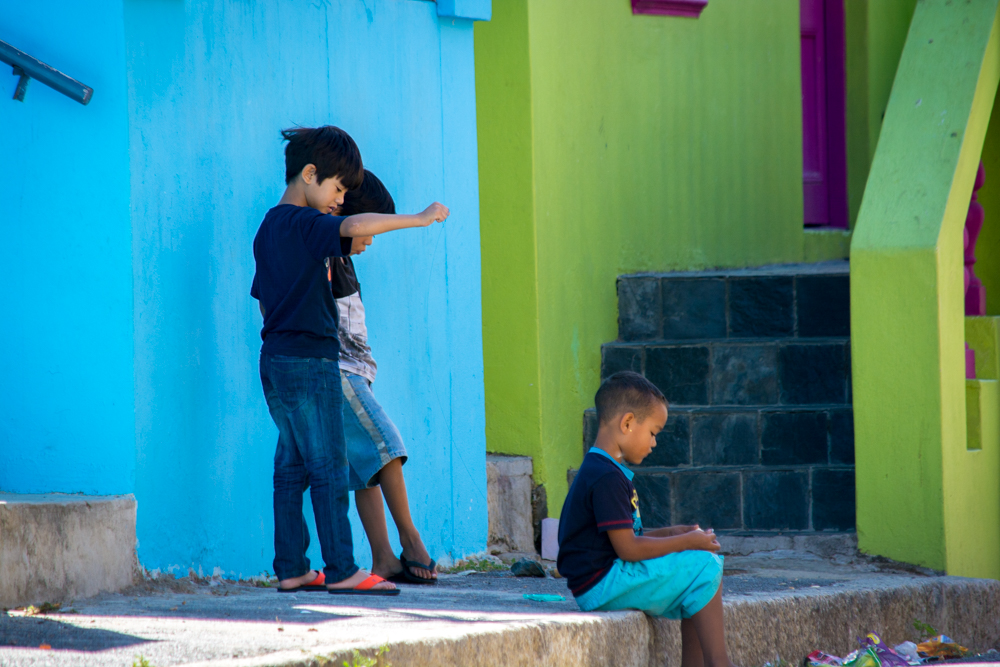
Cape Town Free Walking Tours host two daily tours, both starting on the corner of Wale Street and St Georges Mall and running for about 90 minutes. The historic tour of Cape Town City Centre starts at 11:00, and at 14:00, the tour of the beautiful Bo Kaap.
After meeting the guide (he’s super relaxed and easy to spot in a green t-shirt holding a bright umbrella), we make our way up Wale Street and cross over into the cobblestone streets of the Bo Kaap, so named because it is literally above Cape Town.
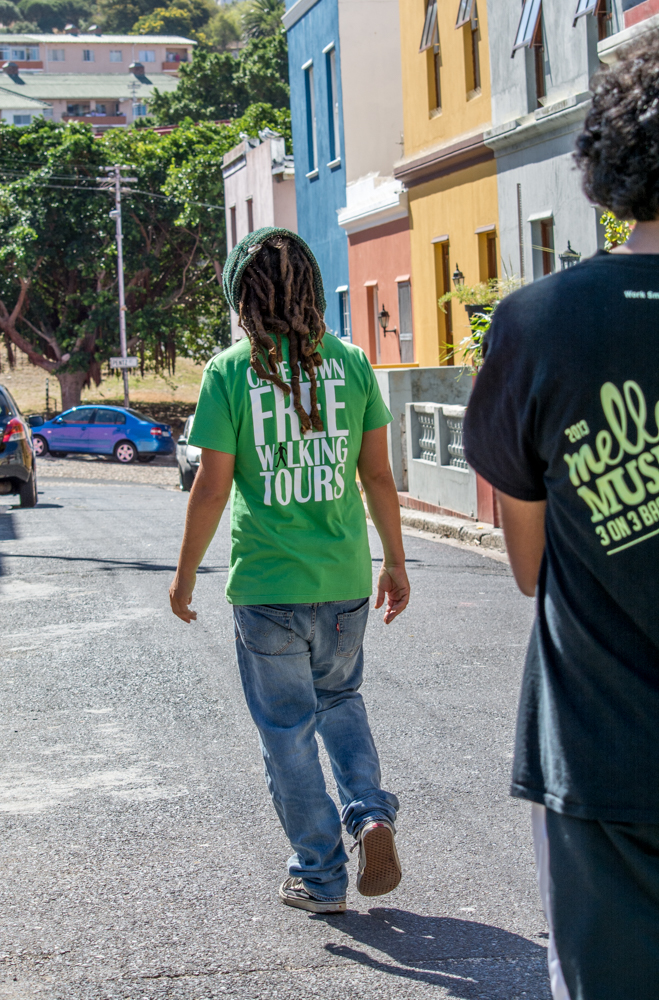
We stop at the oldest mosque in Cape Town, Auwal Masjeed. It was founded by Tuan Guru, who memorised the Qur’an when he was also jailed on Robben Island. It’s situated in Dorp Street and remains a symbol of the struggle of Cape Muslims – many of whom were brought to South Africa as slaves to build the city of Cape Town – for the recognition of Islam and their freedom to worship.
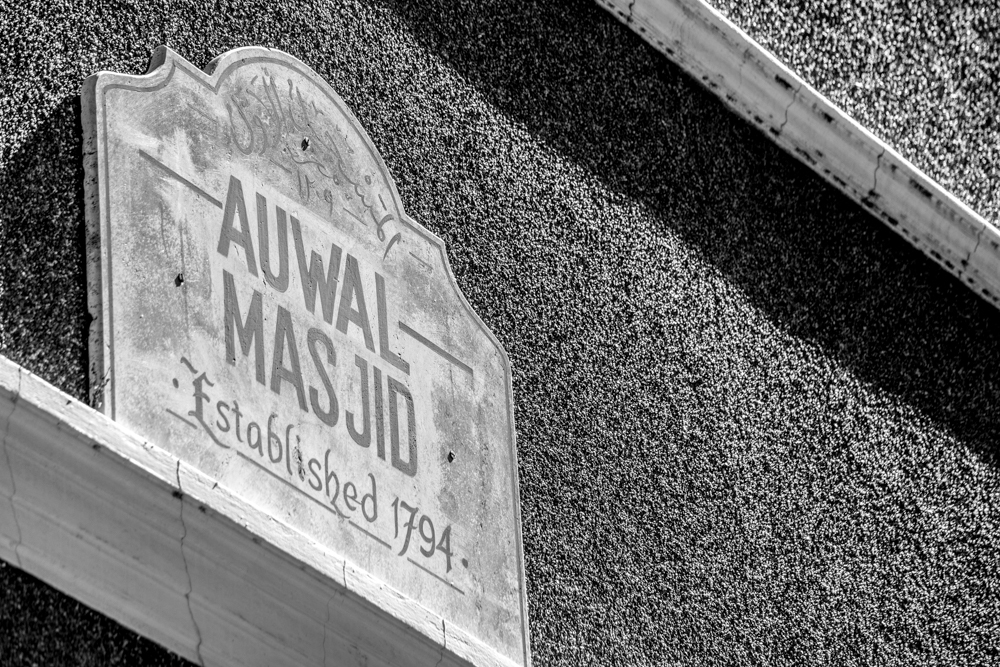
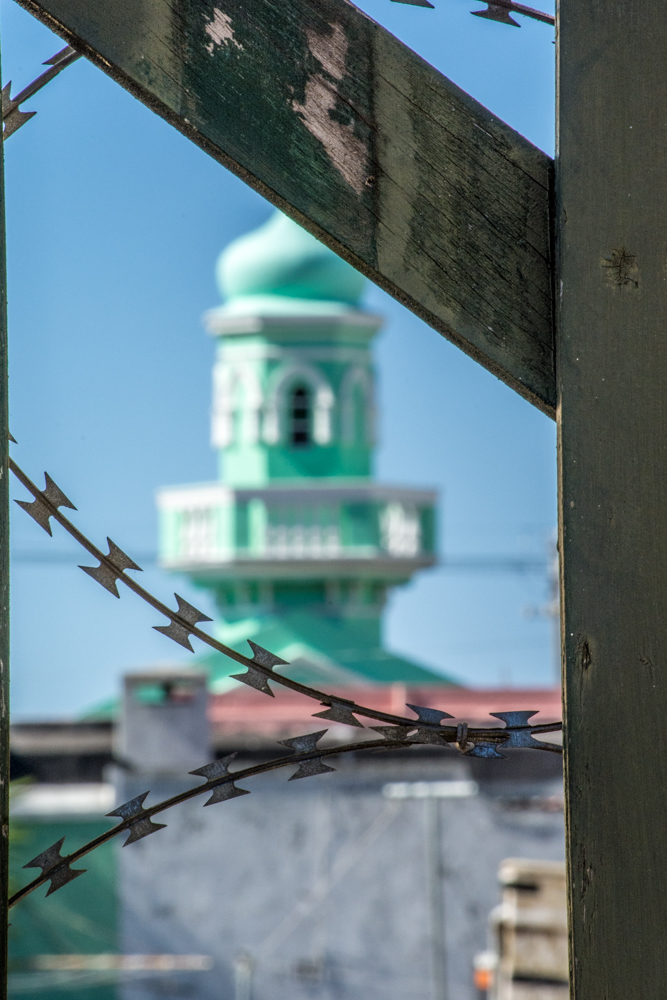
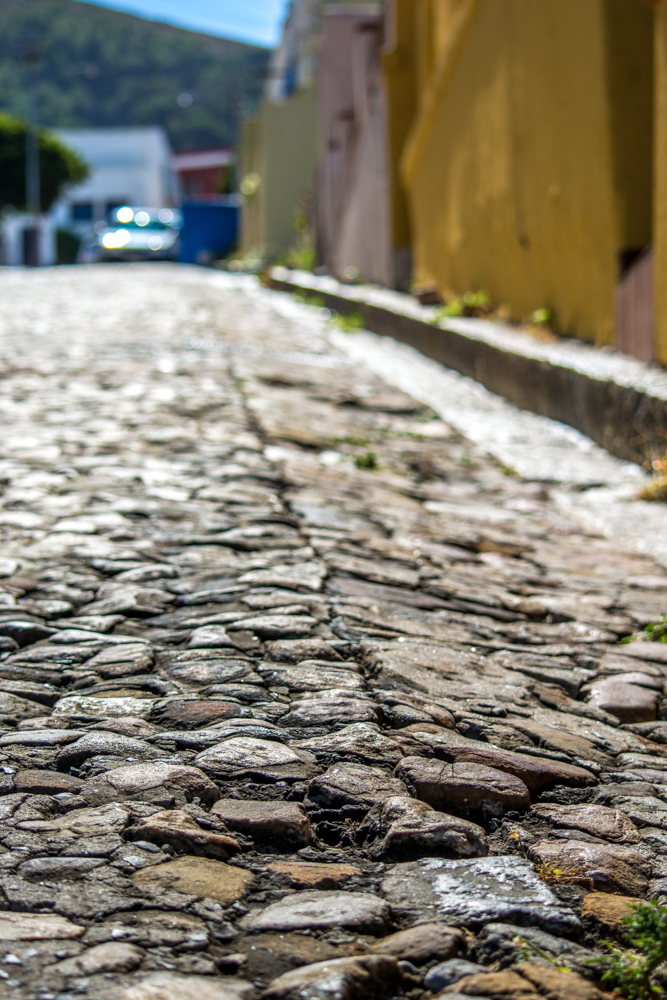
Many descendants of the Bo Kaap area come from various places in Africa, India, Sri Lanka, Malaysia and elsewhere in Asia, and they became known as ‘Cape Malays’ despite many not actually being of Malaysian origin. Many of these early Muslim slaves were highly regarded as scholars and religious leaders, while others worked as highly skilled craftsmen and artisans to build the city.
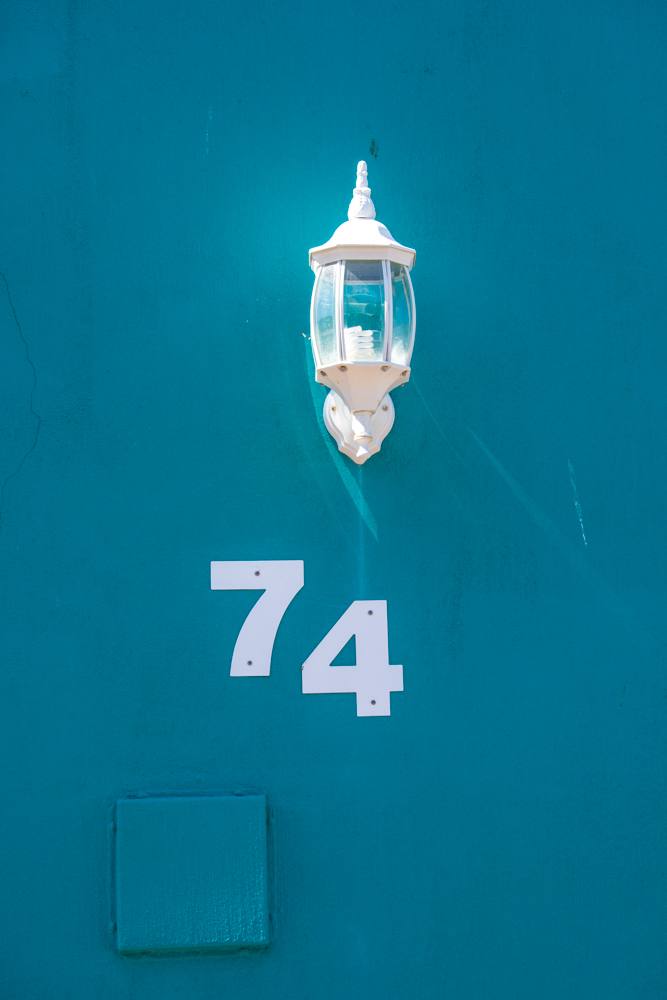
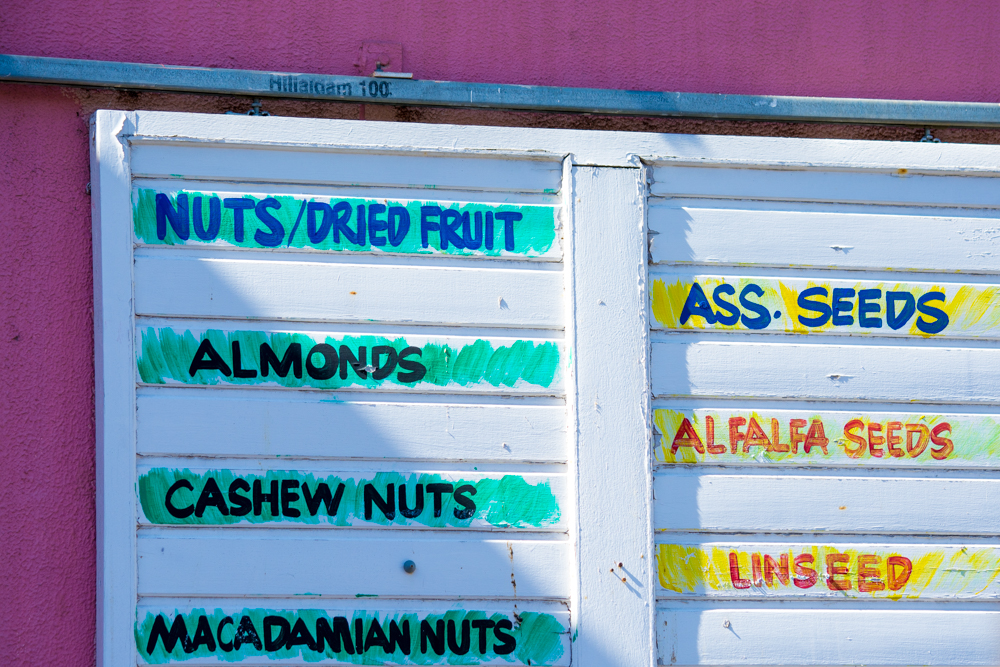
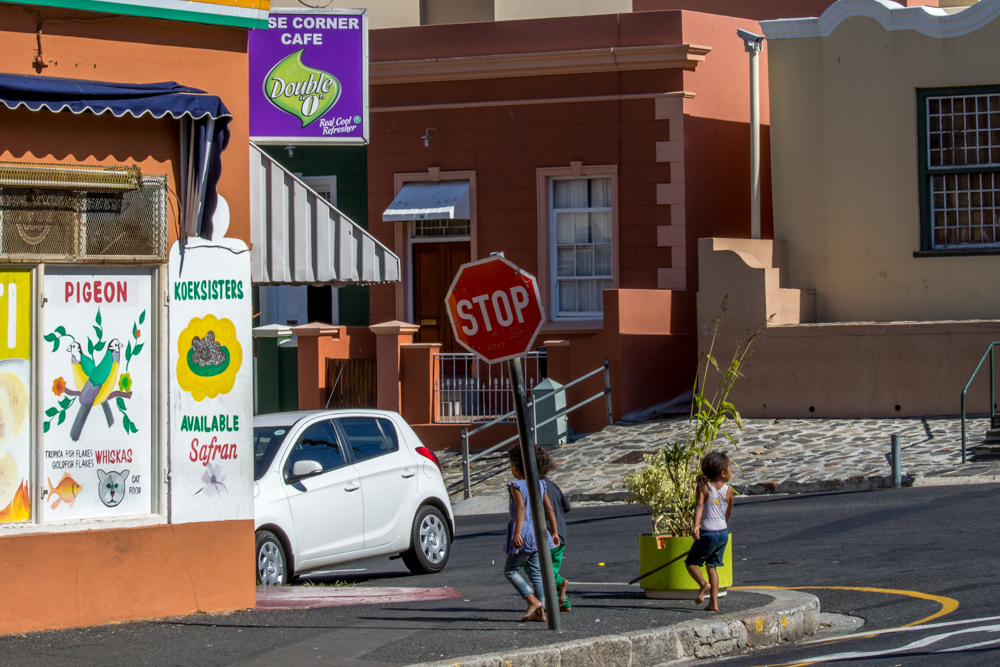
There are a number of stories about why the Bo Kaap is so colourful. One version is that it was a bright idea to spread the word about people’s skills, in order to get work. A doctor painted his house red to distinguish his trade, and if anybody needed one they would just say, “he lives in the red house”. The idea spread and various trades began to paint their homes. It became an expression of freedom and defiance too as any colourful garments were forbidden and could not be worn by slaves.
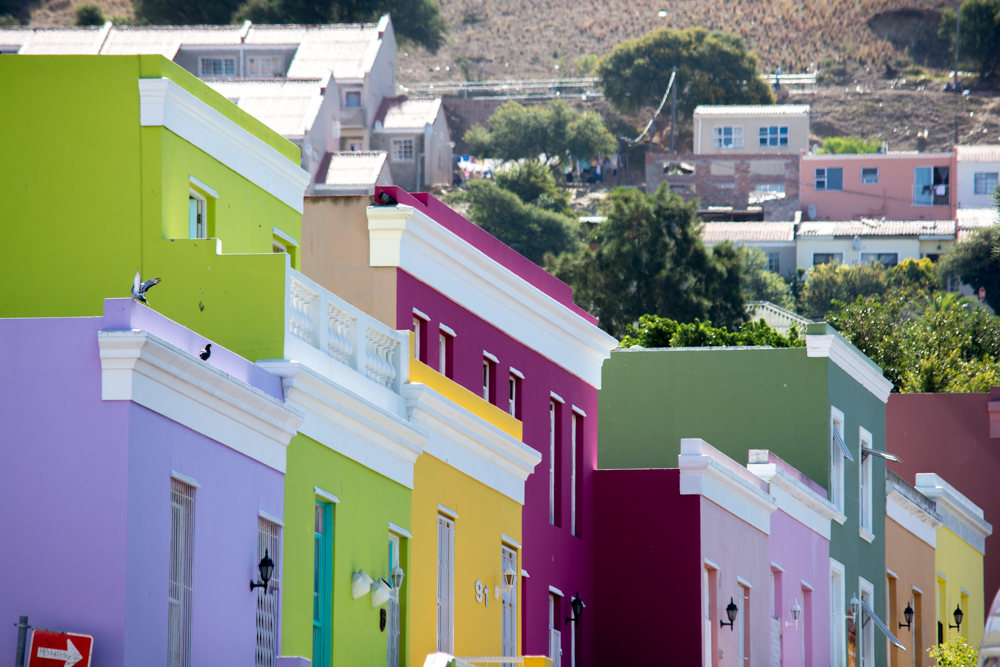
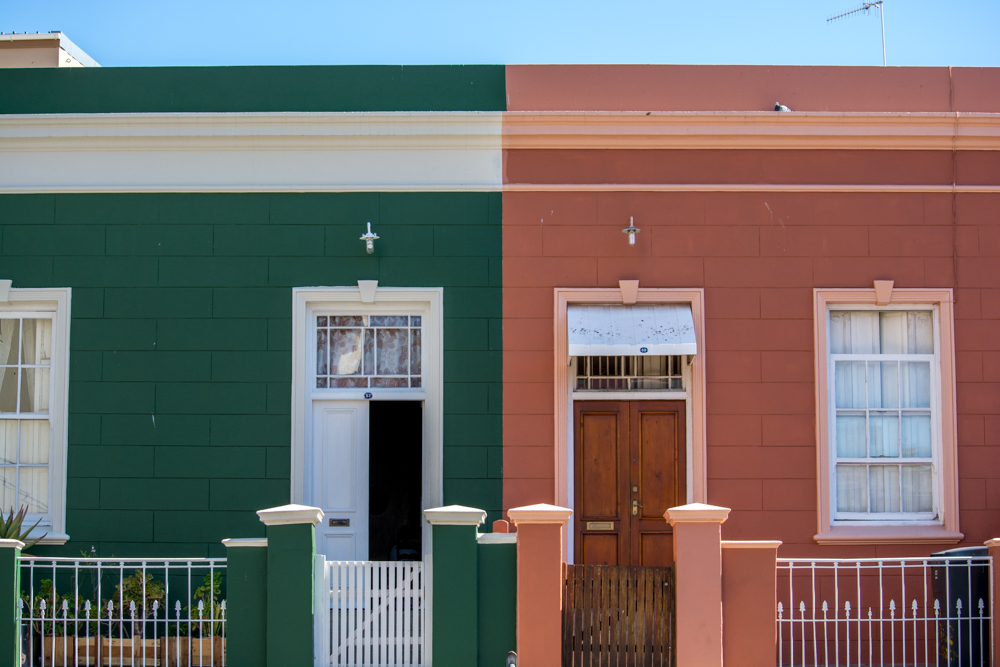
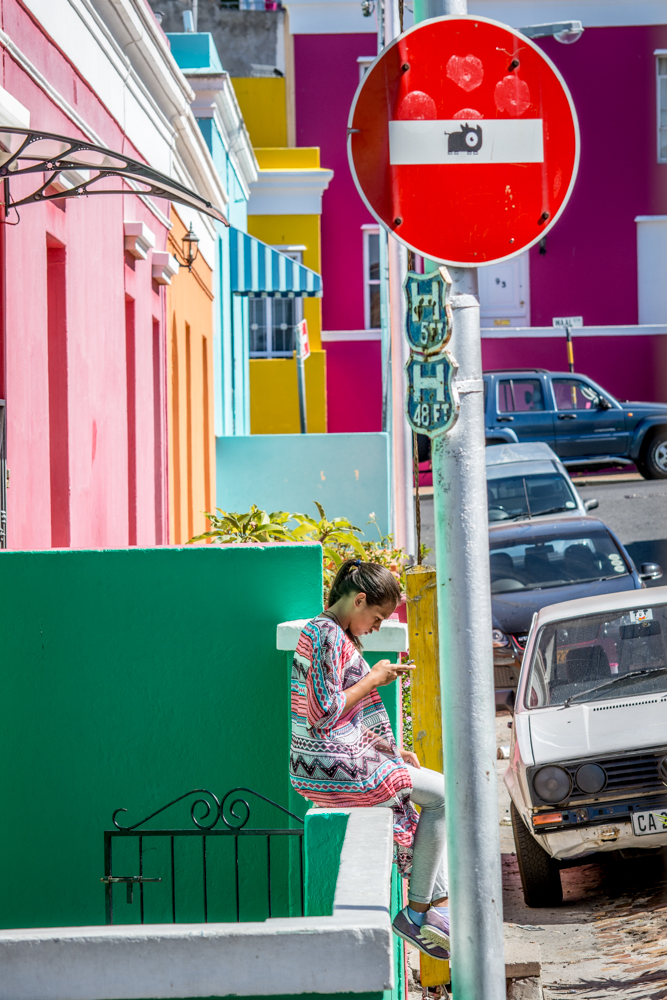
Some also say the homes are re-painted during the celebration of Ramadan while others say it began more recently in the 90s after the end of apartheid, but I love the story about the ingenuity of the doctor.
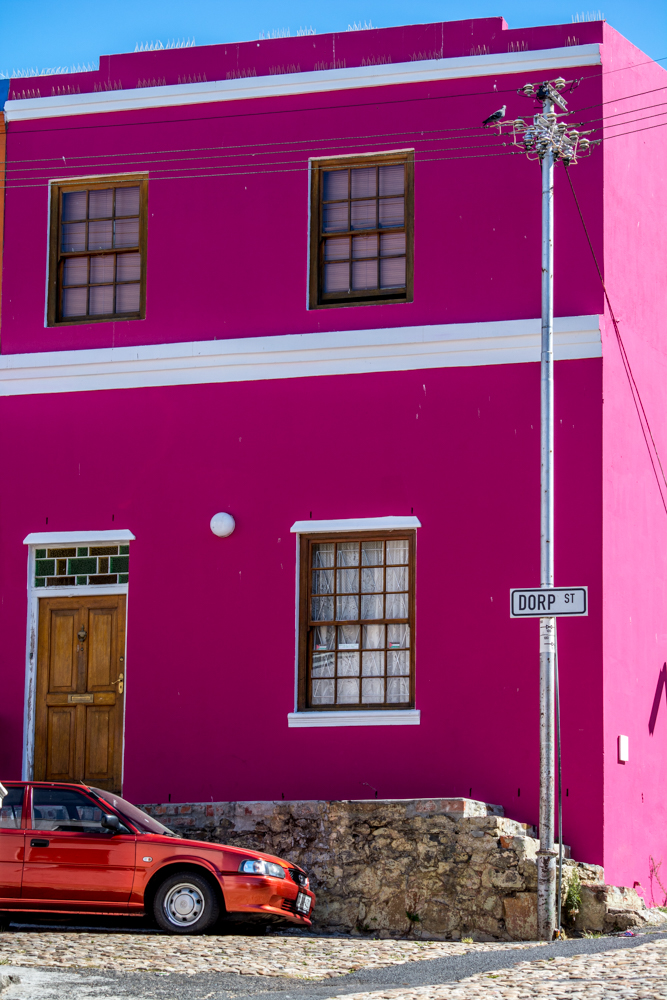
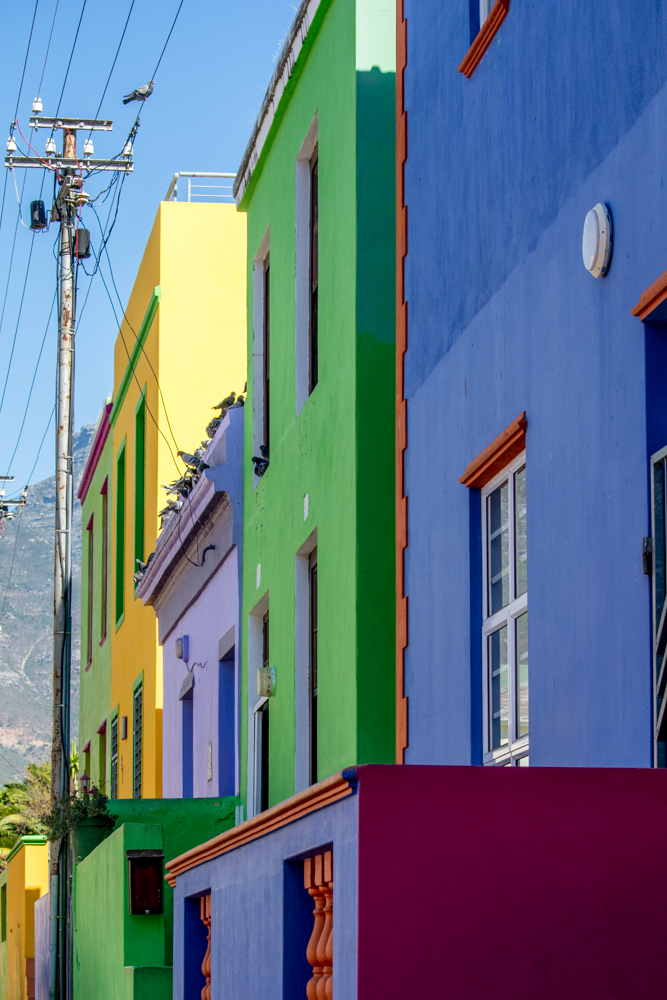
The Bo-Kaap Museum was closed when I visited on a Sunday, but I definitely plan on popping in to learn a bit more about this rich historical area. The 1760s museum building is the oldest house in the area that is still in its original form. Tickets are R20 an adult, R10 for under-18s, students and pensioners.
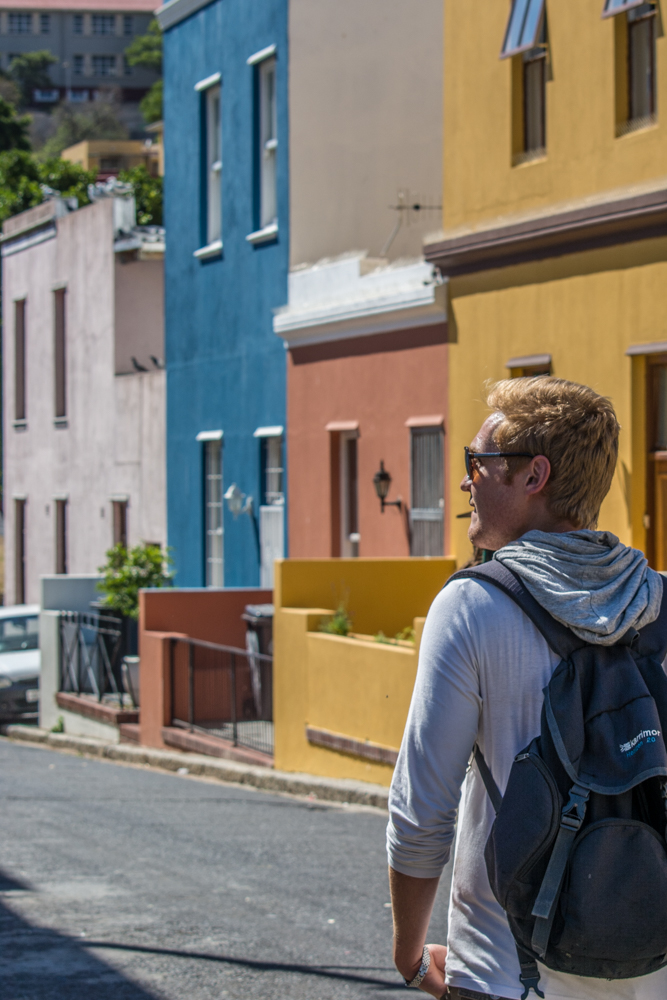
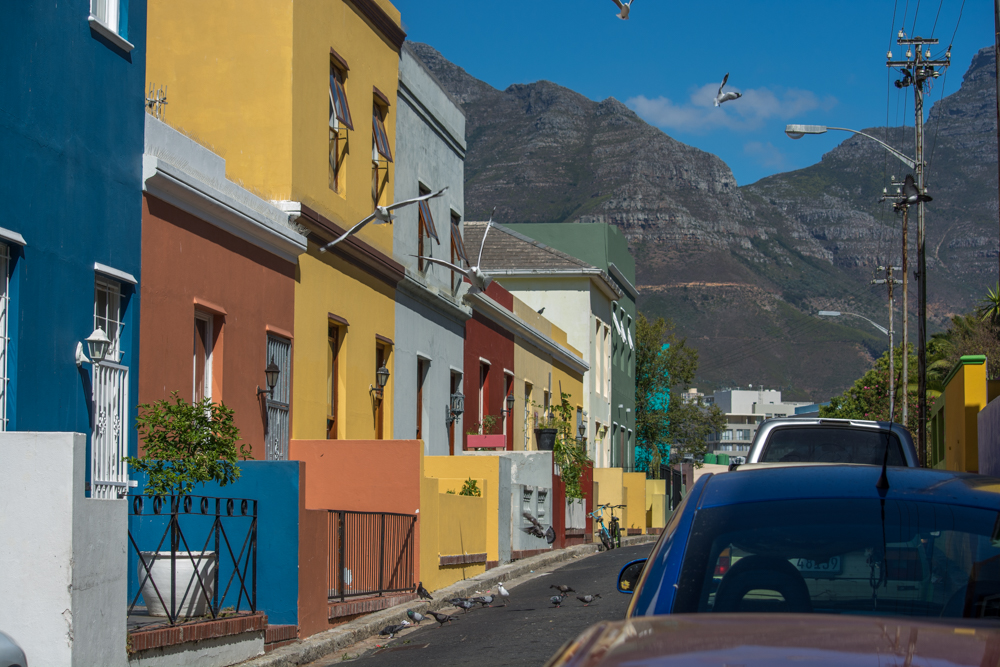
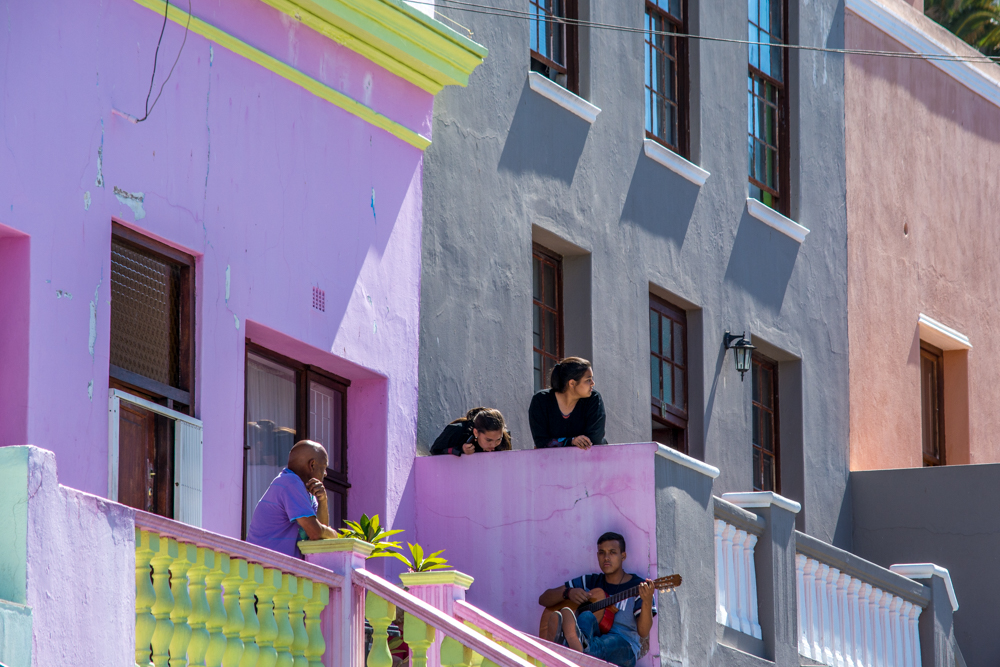
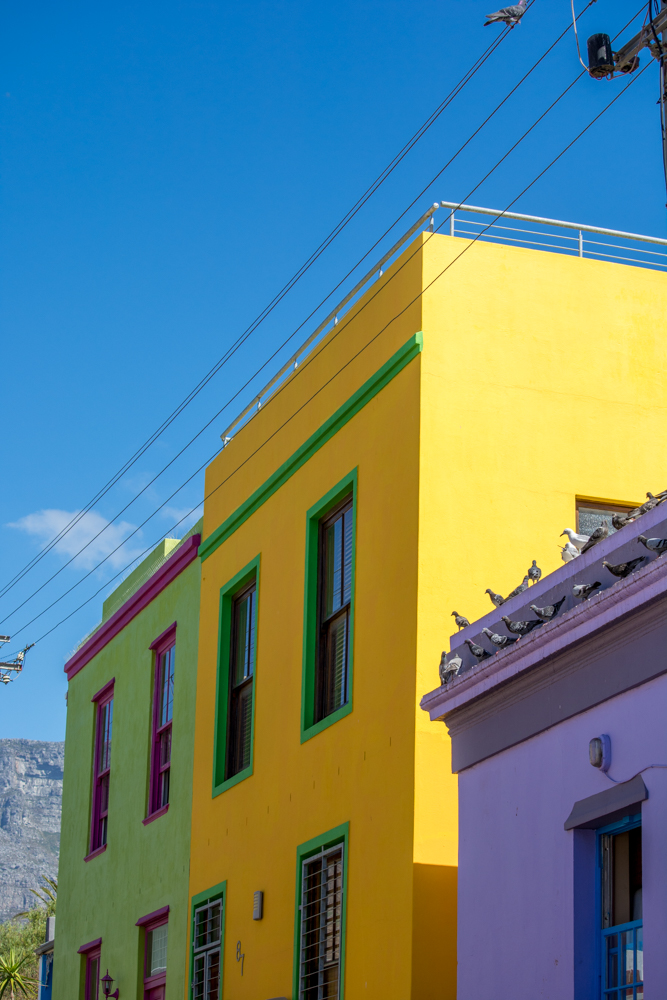
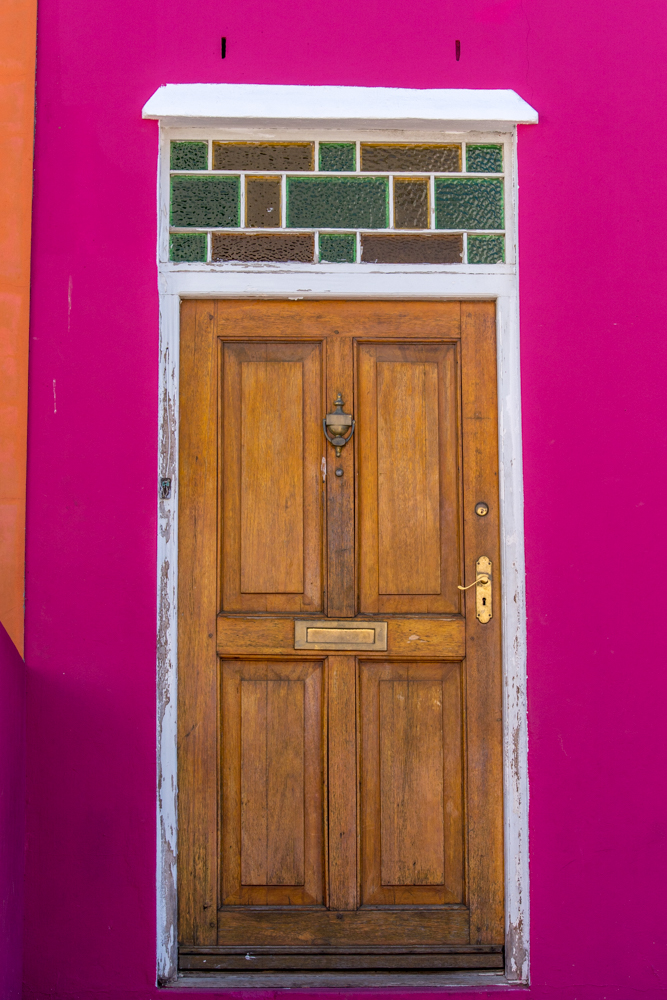
I’d thoroughly recommend this tour, it was interesting, hands on and informative. At the end the guides ask for tips, so bring a little cash if you feel they’re deserving.
As Getaway’s gear editor I’m always on the look out for new travel gadgets to test and review. If there’s anything you think I should check out, please let me know. I’m also blogging at melanievanzyl.com where you can follow my travels, photography and more photographs of Cape Town being beautiful.
You may also like
Related Posts
The Northern Cape landscape and its characters are full of life. Here are some of...
read more
If you're feeling a bit tired of the usual scene, take a tip from urban...
read more
When you think of the Northern Cape, The. Big Hole in Kimberley comes to mind,...
read more